The Law on Special Consumption Tax (amended), passed by the National Assembly on June 14, 2025, marks an important turning point for hybrid gasoline vehicles. Accordingly, from January 1, 2026, all hybrid vehicles, including self-charging (HEV) and external charging (PHEV), will be subject to a special consumption tax rate of only 70% compared to gasoline and diesel vehicles of the same type.
Currently, only PHEVs enjoy this incentive, HEVs are still subject to the same tax rate as traditional gasoline cars. When the new policy takes effect, hybrid car buyers can save from tens to hundreds of millions of dong, thanks to the reduced taxes and fees.
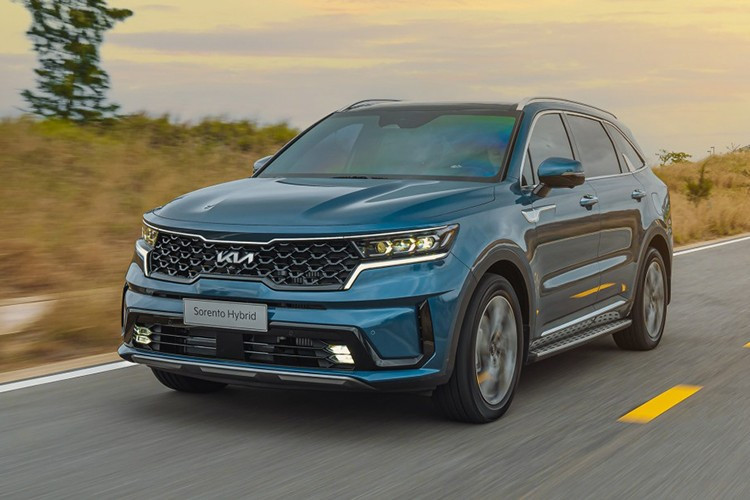
For example, an HEV model with an import price of 1 billion VND is currently subject to a 50% special consumption tax (ie 500 million VND), plus 10% VAT and about 12% registration fee, making the on-road price exceed 1.85 billion VND. After January 1, 2026, the special consumption tax will be only 70% of that of a gasoline car, equivalent to 350 million VND. At that time, the on-road price will decrease to about 1.66 billion VND, nearly 200 million VND lower.
According to experts, the expansion of incentives to the entire hybrid vehicle line is a strategic move to encourage consumers to switch to fuel-efficient, emission-reducing vehicles. This expectation is clearly reflected in the market as the number of customers interested in hybrid vehicles increases rapidly in the second half of 2025.
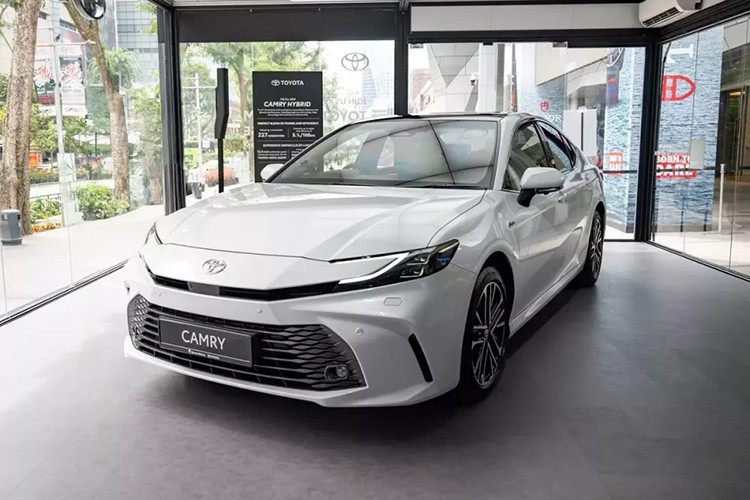
According to the Vietnam Automobile Manufacturers Association (VAMA), hybrid vehicle sales in the first nine months of 2025 reached 9,785 units, up 73.1% over the same period last year (5,652 units). This is the highest growth rate in the internal combustion engine car segment.
Catching this trend, a series of car manufacturers have launched or announced plans to launch hybrid cars in recent months. Notable lists include Suzuki Fronx, BYD Seal 5, Lynk & Co 08, Mercedes-Benz E-Class, Volkswagen Golf TSI and possibly Hyundai Santa Fe Hybrid, Volvo XC90...

In addition to imports, some companies have considered domestic assembly to proactively source supplies and take advantage of localization tax incentives. Toyota Vietnam recently announced an investment of 360 million USD (about 9.47 billion VND) to open the first hybrid vehicle assembly line at the Phu Tho factory. Honda Vietnam also confirmed that it will start assembling the CR-V e:HEV RS model from the beginning of 2026.
Experts say hybrid vehicles are an effective intermediate solution in the context of limited charging station infrastructure for electric vehicles in Vietnam. This type of vehicle saves fuel significantly compared to gasoline vehicles, but does not depend on charging stations like pure electric vehicles.
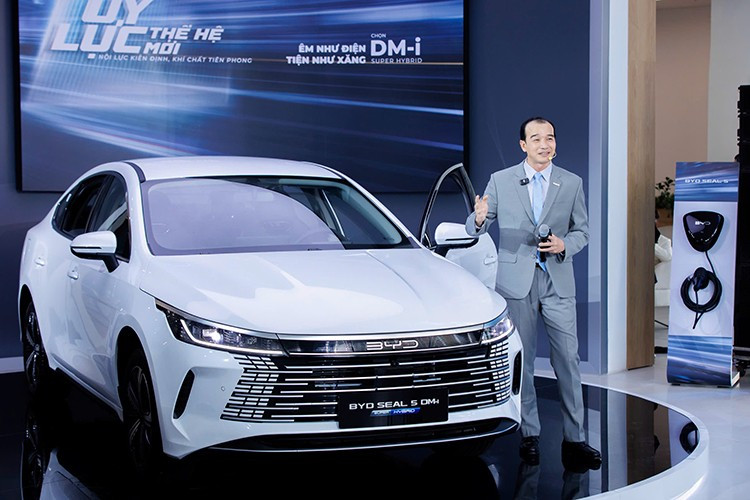
With the current growth momentum, the business community predicts that by 2026, hybrid cars could account for 10-12% of total passenger car sales, three times higher than the current level. In particular, Japanese brands continue to have advantages in technology and product portfolio, while Korean, Chinese and European companies are also planning to bring in hybrid models with more accessible prices.
Source: https://khoahocdoisong.vn/oto-hybrid-giam-gia-manh-tu-2026-nong-cuoc-dua-xe-xanh-tai-viet-nam-post2149066273.html




![[Photo] Closing of the 14th Conference of the 13th Party Central Committee](https://vphoto.vietnam.vn/thumb/1200x675/vietnam/resource/IMAGE/2025/11/06/1762404919012_a1-bnd-5975-5183-jpg.webp)
![[Photo] Prime Minister Pham Minh Chinh receives the delegation of the Semiconductor Manufacturing International (SEMI)](https://vphoto.vietnam.vn/thumb/1200x675/vietnam/resource/IMAGE/2025/11/06/1762434628831_dsc-0219-jpg.webp)


























































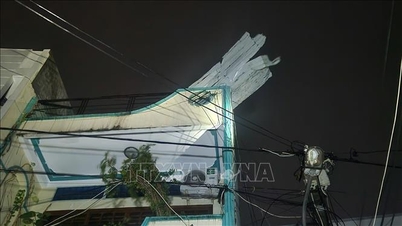





















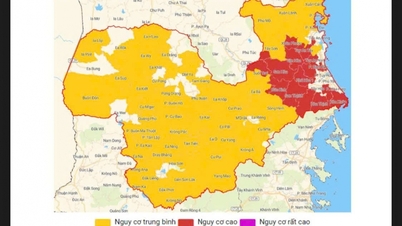


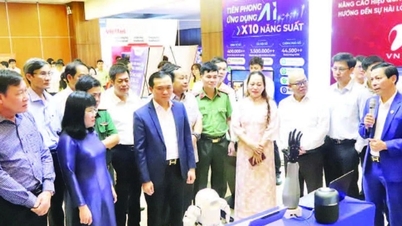
















Comment (0)